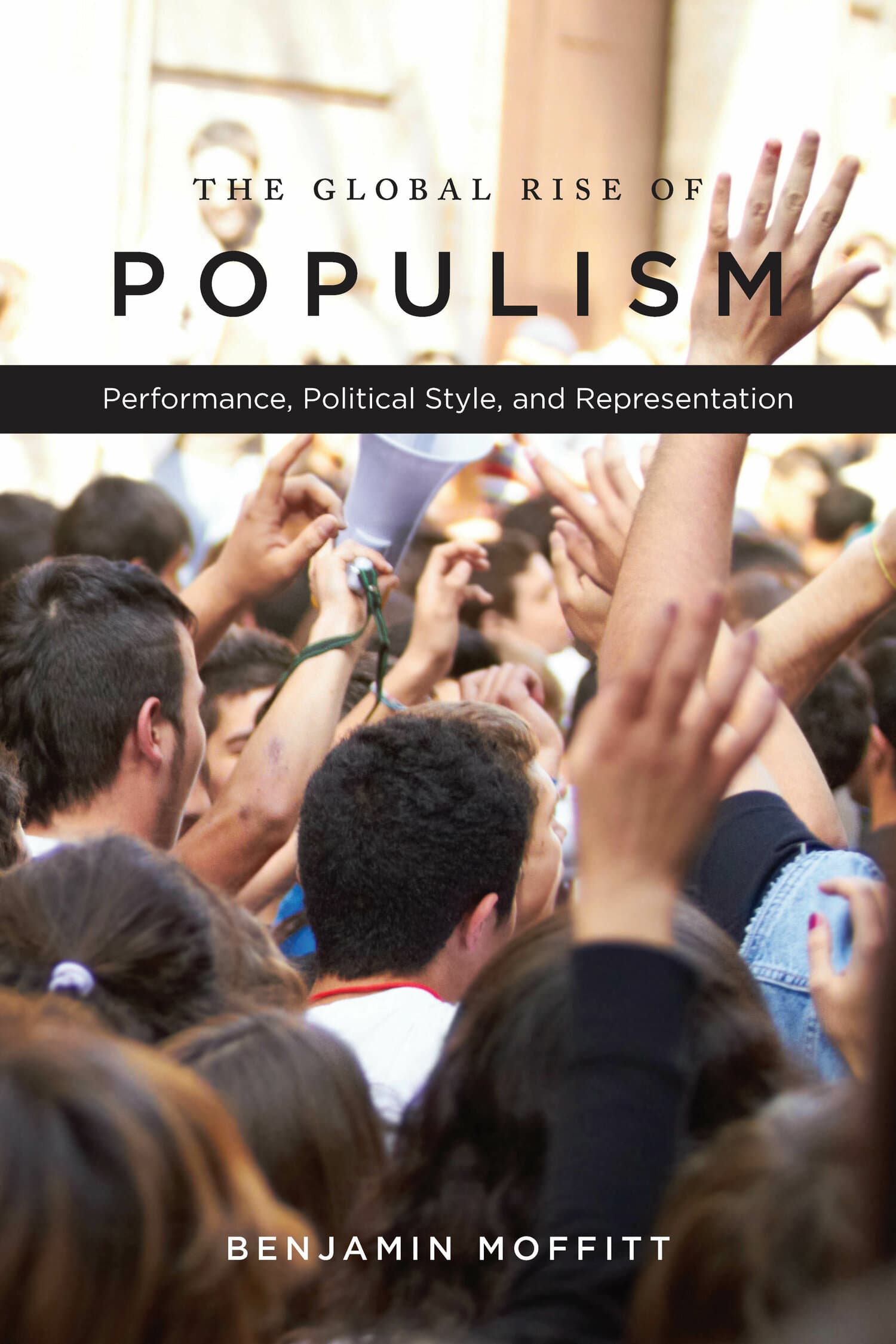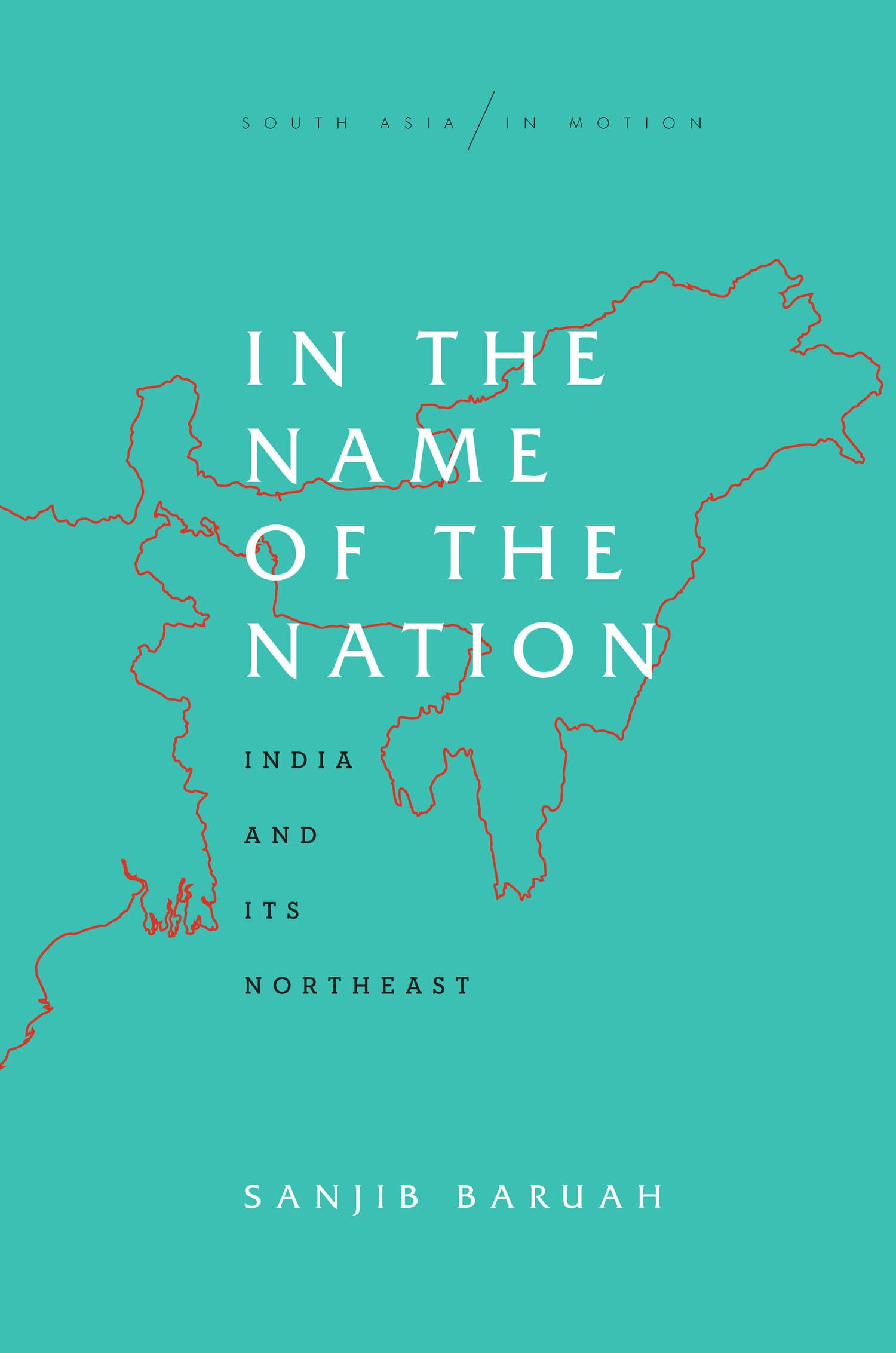The Political Outsider

Defying the dire predictions that attended its birth as an independent nation-state in 1947, the Indian republic is more than seventy-five years old. And yet, it is a place where criticisms of actually existing democracy are intense and strident. In recent years, the trope of victimized people suffering at the hands of a predatory elite and political dysfunction has reaped rewards. The populist language of redemptive outsiders pledging to combat a corrupt system has been harnessed in successful electoral campaigns, like the majoritarian regime of Narendra Modi.
Tracking the shift from postcolonial nation-building to democracy-rebuilding, Srirupa Roy shows how the political outsider came to be a valorized figure of late-twentieth century Indian democracy, tasked with the urgent mission of curing a broken democratic system—what Roy terms "curative democracy." Drawing attention to an ambivalent political field that folds together authoritarian and democratic forms and ideas, Roy argues that the long 1970s were a crucial turning point in Indian politics, when democracy was suspended by the declaration of a national emergency and then subsequently restored. By tracing the crooked line that connects the ideals of curative democracy and the political outsider to the populist antipolitics and strongman authoritarian rule in present times, this book revisits democracy from India, and asks what the Indian experience tells us about the trajectory of global democratic politics.
—Amrita Basu, Amherst College
"This excellent book presents an interesting and original interpretation of the rise of populism through the historical course of Indian democracy. It is written with clarity and verve and adds significantly to our understanding of Indian democracy as well as the theoretical discussion of the rise of populism."
—Sudipta Kaviraj, Columbia University
"[Roy] illustrates the argument with in-depth portraits of selected events and institutions. Indian populism emerges in her analysis as typical rather than exceptional, a type of political movement found globally that seeks a return to an imagined healthy past when social conflicts were overridden by the unity of an imagined people."
—Andrew J. Nathan, Foreign Affairs
"[The Political Outsider] brims with original insights and empirical richness. On the whole, it makes a sustained and persuasive argument about the relevance of the concepts of curative democracy and outsider status in understanding populism in India and elsewhere as a style of politics embedded in a broader set of forces and forms."
—Gyan Prakash, American Historical Review
"[Roy's] rich anthropological descriptions of Indian democracy—framed through the concepts of curative democracy and outsiders—offer valuable insights."
—Norio Kondo, The Developing Economies
"This is an essential read for anyone interested in the dynamism of democracy, populism, and its possible direction in the near future. Roy ultimately provides a careful blend of historical examination and theoretical insight through anti-politics and the possible democratic implications of curative democracy."
—Shashank Chaturvedi, Pacific Affairs




